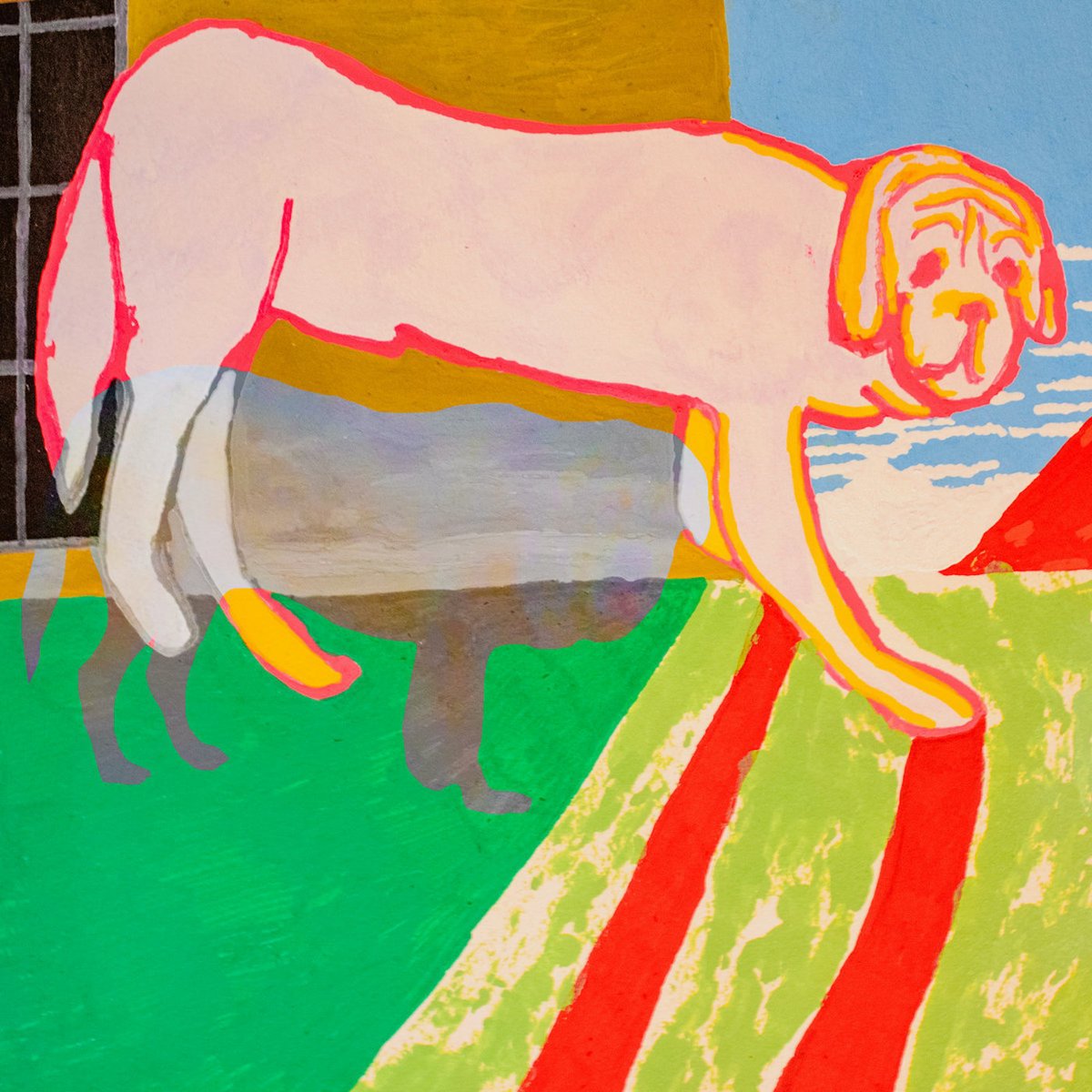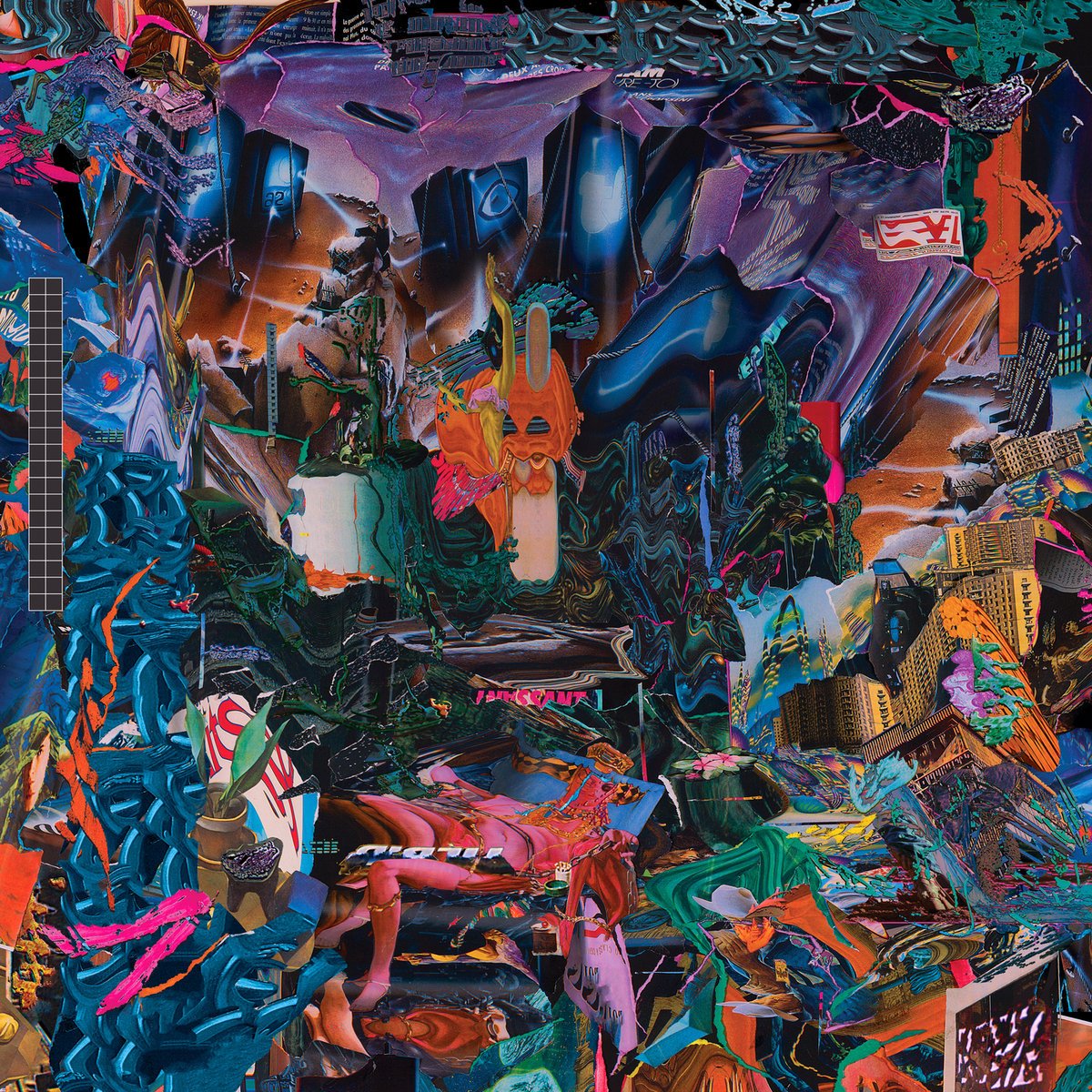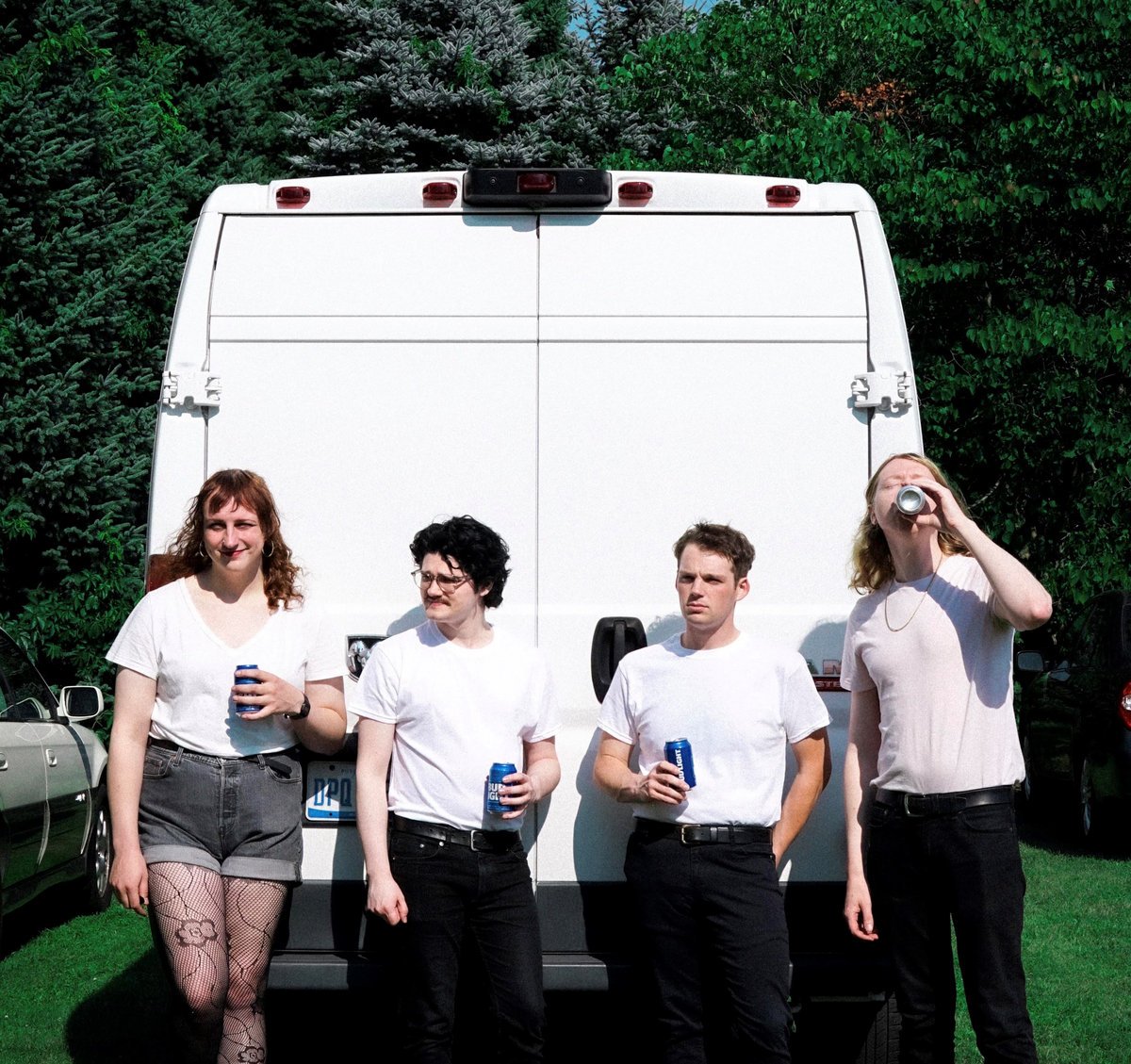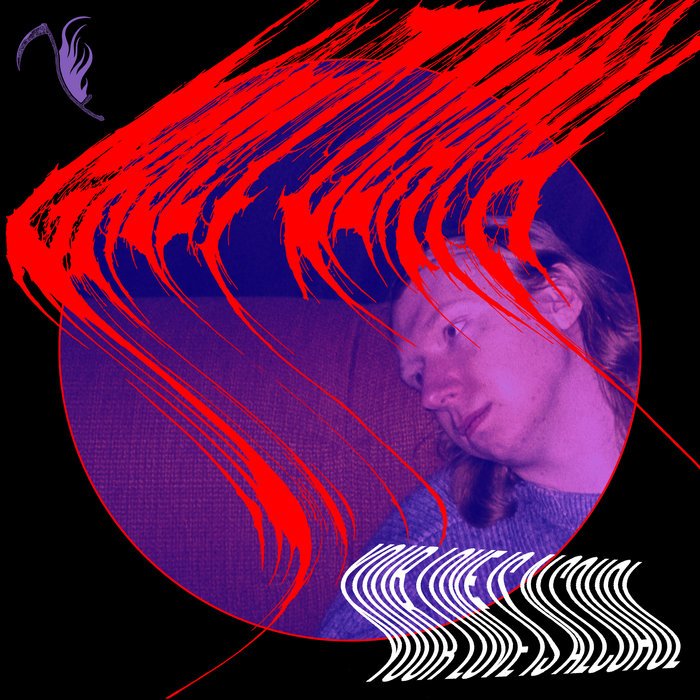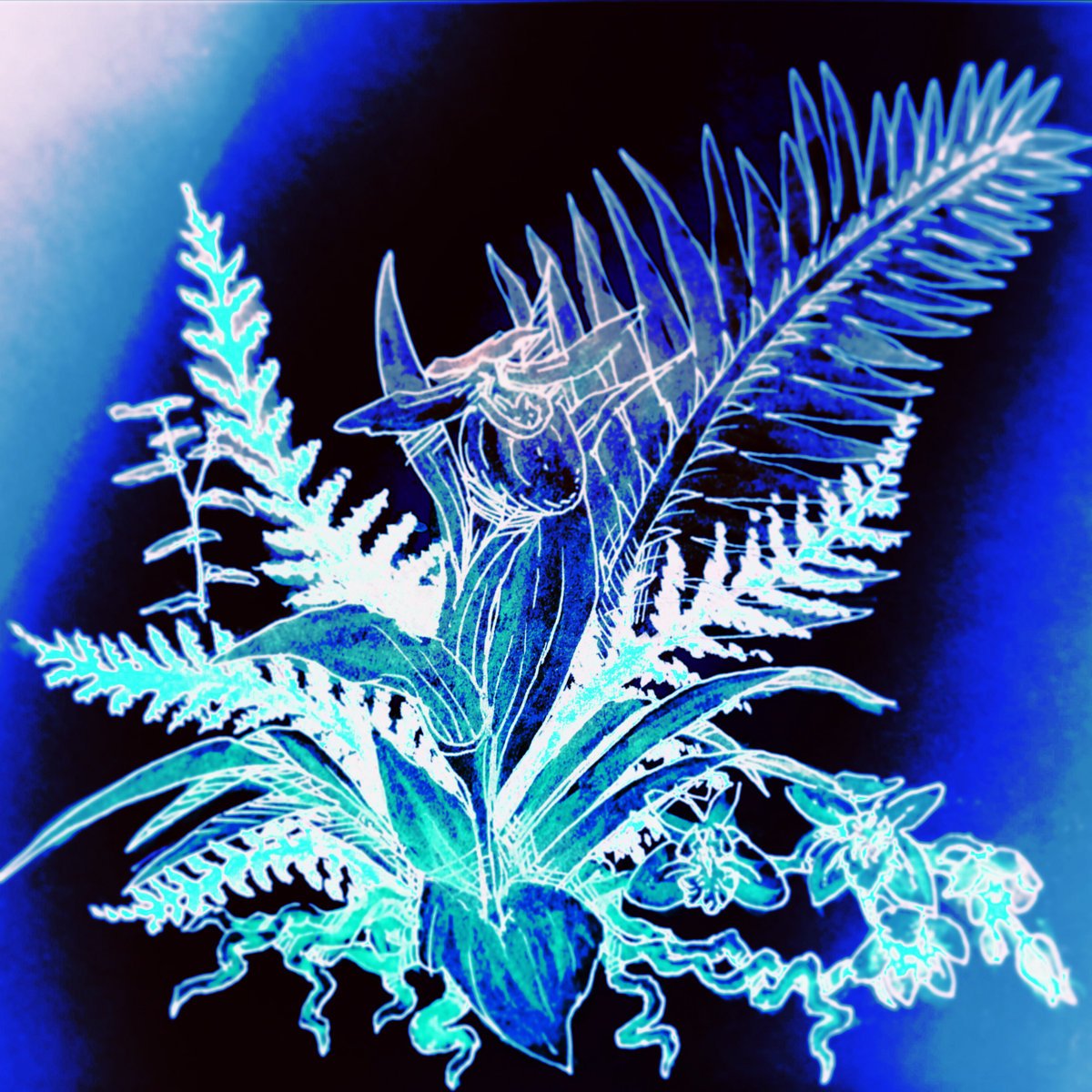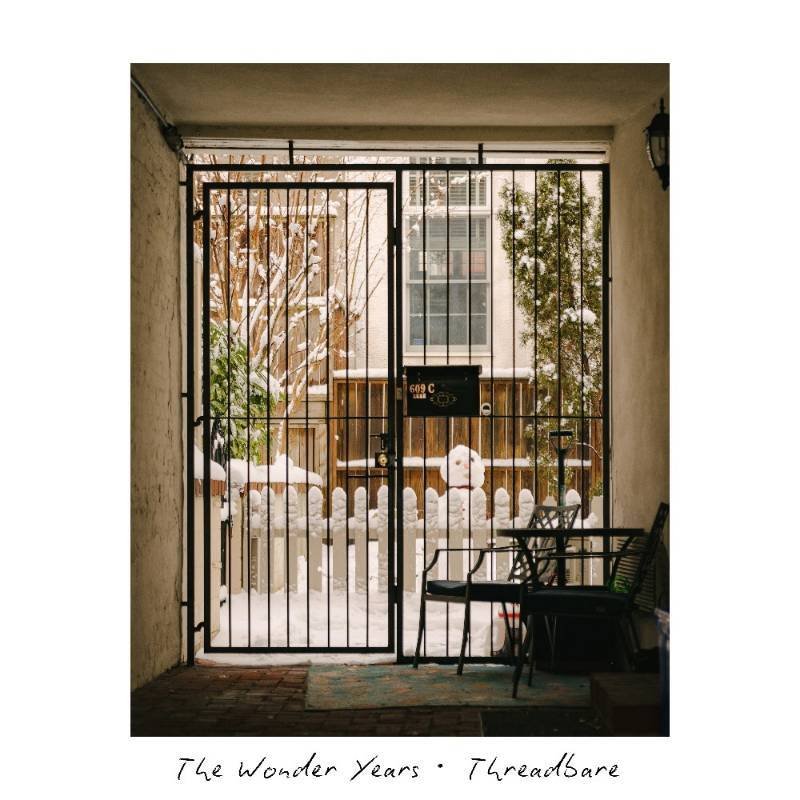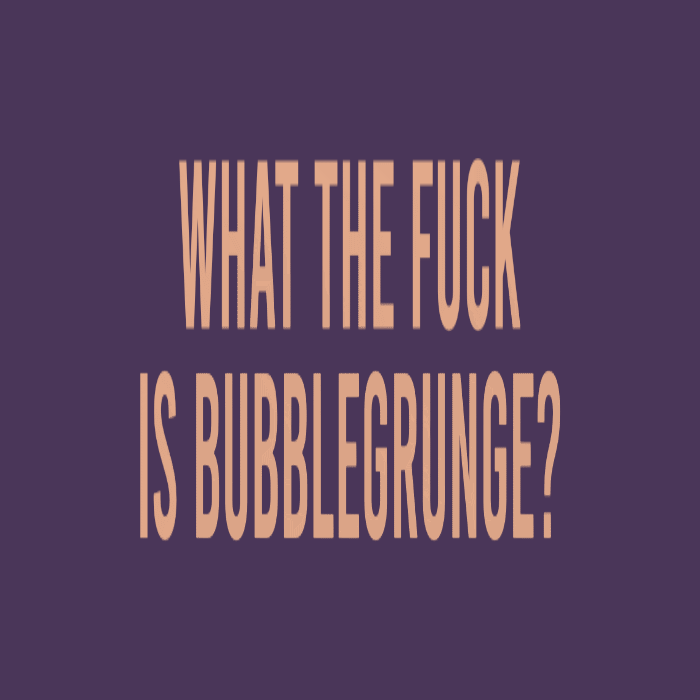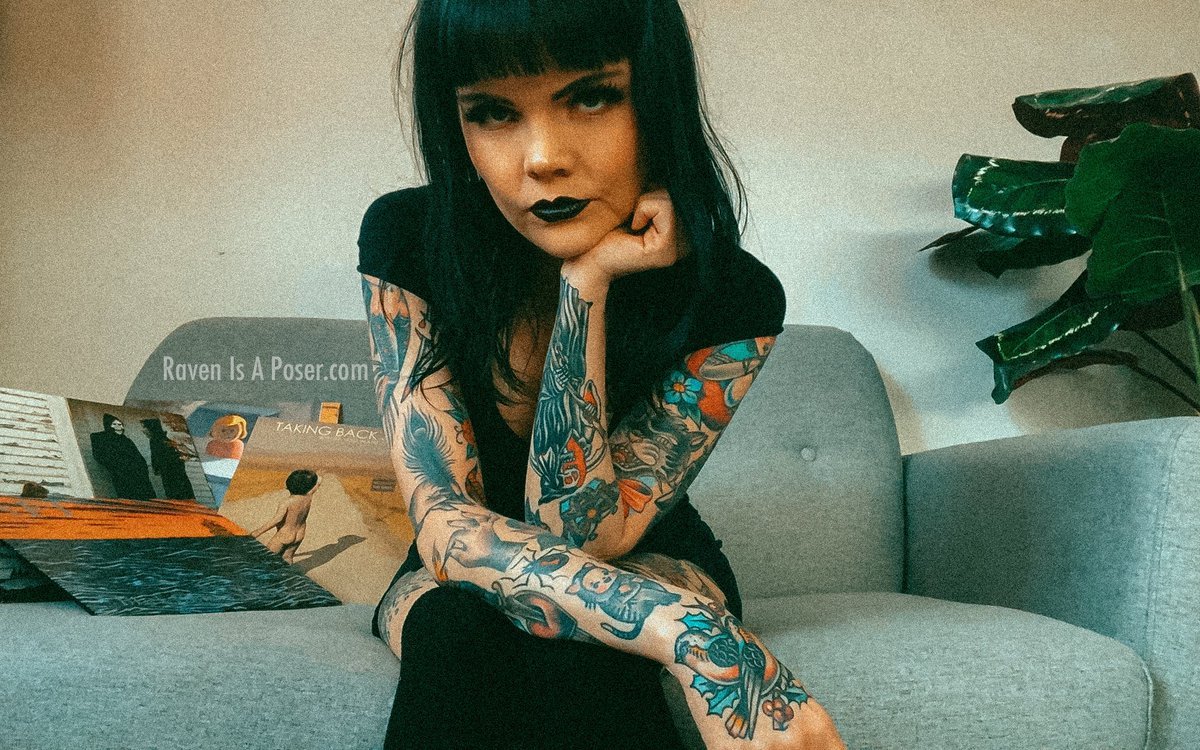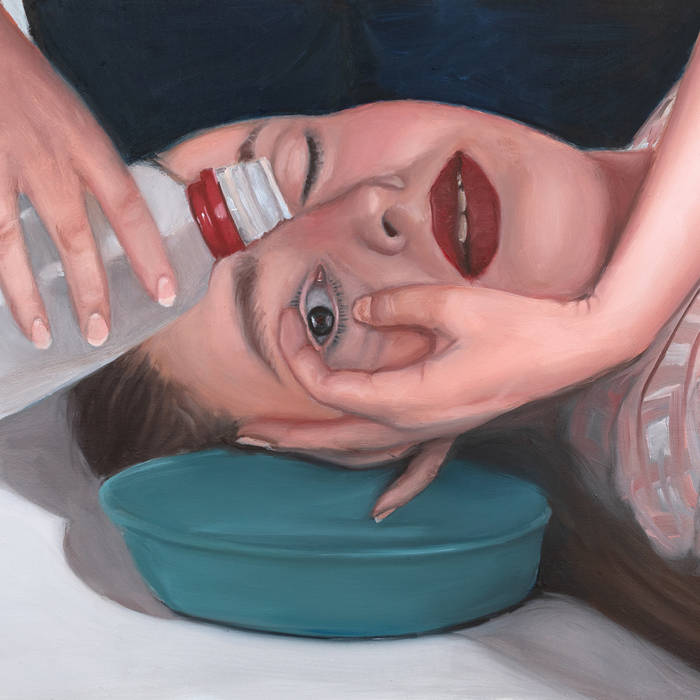Swim Into The Sound's Staff Favorites of 2021
/Back in the early days of this site, I would feel a strange sense of accomplishment whenever someone would talk about Swim Into The Sound as if it were run by multiple people. I suppose sometimes it’s just common practice to refer to a website with plural terms like “you guys” or “the team,” but it always made me proud that I alone was making something that could possibly be mistaken for the work of multiple people.
And sure, we’ve had guest writers before 2021, but they were usually few and far between. Previously, guest posts were typically just one-off articles, published once or twice per year. All of that changed in 2021 as a lineup of a half-dozen or so writers solidified into regular contributors over the course of the year.
At the beginning of 2021, I made a resolution to myself to post one article here every week. I’m proud to say that we surpassed that goal and then some, and it wouldn’t have been possible without the help of these talented writers. In total, we had 22 guest posts throughout the year (23, if you count this one), and I could not be more appreciative of that fact. Without these writer’s talent and hard work, this site would have had long gaps between posts at multiple points throughout the year. Simply put, they helped this site immensely throughout 2021 and really helped Swim Into The Sound feel like a legitimate music blog.
Another cool thing about bringing in this wealth of outside talent and perspectives is that I can connect the dots a little bit more. On any given week, I receive a number of emails and DMs that I consider “suffocating.” Whether they’re for an upcoming song, music video, or album, these things pile up in my inboxes and bury me alive. Even if these solicitations come from bands or labels that I love, I don’t have the time to personally write about every release that I want to. Now that I have something resembling a staff, I can send these upcoming releases to a group chat and quickly find someone who’s eager to write about this music with the love and care that it deserves.
Connecting those dots has led to some cool opportunities and extraordinary pieces of writing this year. Amongst other things, our staff wrote awesome album reviews, single write-ups, multiple incredible interviews, premieres, concert reviews, and more. I’m immensely proud of everything that’s been published on the site this year, and I’m excited to see what 2022 has in store for us. For now though, let’s take one last look through 2021 as I turn the site over to our staff to hear about their favorite records of the year.
Cailen Pygott | Weakened Friends - Quitter
It was October 28th when Taylor initially proposed this collection of album of the year reviews. At the time, two albums were neck and neck for my personal first place. As I was busy prepping for multiple re-listens, massive pro and con lists, and an east coast west coast style song bracket to determine who would reign supreme, a thought occurred to me: ‘I should probably wait for the three weeks until Weakened Friends release Quitter.’ This is an album I’ve been expecting to top my year-end list ever since the single “What You Like” came out (holy shit) two years ago. Sonia Sturino is one of a handful of songwriters whose lyrics feel could have been ripped straight from my daily journaling practice if I had kept at it for longer than two days. The way Sturino’s songs express feelings of isolation, heartbreak, and the fear that you, yes you specifically, are fucking everything up is a pure reflection of my inner monologue on my worst days. Am I just projecting? Survey says probably, but this album friggin’ rips all the same. I graduated from a two-year community college music program, and the technical term for these guitars is “frickin’ thick dude.” I’ve believed for years that we as a society don’t talk about Annie Hoffman the bass player enough, but Quitter is also a brilliant showcase of her work as a producer. There’s an ever-rising level of intensity throughout that hits its climax in “Haunted House” and carries through the final two tracks showing off a mastery of compositional arrangement. All of the songs on Quitter stand on their own, but it’s this care and attention paid to the album as a singular work of art that makes it my AOTY.
Fun fact: My band No, It’s Fine. included a version of “Early” on our 2021 cover album (It’s Nice To Pretend) We Wrote These Songs. Now here are some made-up superlatives to highlight most of the music that shaped my year. Some of these are older, but they’re still important to me, dang it!
Best Guitar Solo - Cheekface “Next to Me”
Best New song by a Twitter mutual I’ve never met - Pictoria Vark “I Can’t Bike”
Band I’d most like to be friends with - Year Twins
Favourite band I discovered due to mutual barista rage - Puppy Angst
Favorite Rediscovery - The Drew Thomson Foundation - Self Titled
Song that made me cry the most times - Rosie Tucker “Ambrosia” and “Habanero”
Best podcast soundtrack - Planet Arcana
Best band I got into this year only to realize they already broke up - Lonely Parade
Album that got me through running 5ks when I still had the motivation to run 5ks - Gregory Pepper & His Problems - I Know Now Why You Cry
Song that made me feel better about my body for but one fleeting moment - Durry “Who’s Laughing Now”
Connor Fitzpatrick | Mdou Moctar - Afrique Victime
Mdou Moctar is the most important guitarist in the game right now, and 2021 has been his year. I’ve been a fan of his for a few years now, so it’s been rewarding to see him and his band get their shine. Afrique Victime is Moctar’s best work yet. It’s not much of a departure from Ilana: The Creator, but a refinement of what makes their music so special. The album’s got loud shredding (“Chismiten”), hypnotic grooves (“Ya Habibiti”), and heartfelt balladry (“Tala Tannam”). What sets the virtuosic Tuareg guitar player apart from the pack is just how expressive and unpredictable his phrasing is. On the title track, the band spends four minutes developing an entrancing rhythm before Moctar’s guitar drops off only to come back, detached from the rest of the band, in a firestorm of noise and anger while the band continues to play faster and faster. It’s a breathtaking moment that mirrors Mdou’s lyrics of colonial destruction in Western Africa. One of the most frustrating things for me in the coverage of Mdou Moctar has been the knee-jerk reaction to compare him to guitar gods of the past. It’s an attempt to display his prowess as a musician, but ultimately it takes the spotlight away from how singular he is. There is only one Mdou Moctar, and Afrique Victime is his crowning achievement.
My 10 favorite Bandcamp purchases of 2021:
ÂGE ǂ TOTAL - ÂGE ǂ TOTAL
Coaltar of the Deepers - Revenge of the Visitors
portrayal of guilt - We Are Always Alone
Ol’ Burger Beats & Vuyo - Dialogue.
Fiddlehead - Between the Richness (AOTY Runner Up)Flame, Dear Flame - Aegis
Wanderer - Liberation From a Brutalist Existence
Low - HEY WHAT
Hayden Pedigo - Letting Go
Fuubutsushi - Natsukashii (懐かしい)
Joe Wasserman | Mo Troper - Dilettante
I am a sucker for hearing the warm buzz of a tube amp. “My Parrot,” a song about an avian existential crisis, is what sold me on Dilettante despite my already being totally sold on Mo Troper. “Wet T-Shirt Contest” has a rumbling, buoyant bass line while the listener yearns to discern just why the speaker “never [wants] to see those nipples again.” These are just two tracks off Dilettante’s 28-song playlist-as-album/data dump. Troper is masterful in crafting infectious songs that can withstand the test of time, much like The Beatles.
Runner-up: Dazy - MAXIMUMBLASTSUPERLOUD: The First 24 Songs
To some, I might be cheating with this one. Only the first 16 songs are from 2021; the rest are off 2020 EPs. Regardless, Dazy’s MAXIMUMBLASTSUPERLOUD: The First 24 Songs is another masterclass in to-the-point, effective, worming power pop that is not too sugary. After discovering Dazy while reading an interview with David Anthony, I listened to the album while playing Call of Duty, exercising, doing the dishes, walking the dogs, and pretty much anything else in my life. MAXIMUMBLASTSUPERLOUD is upbeat, frenetic, and makes me feel happy, which speaks droves given how the last few years have gone on both the grand and granular levels.
Albums/EPs That Deserve More Attention (in no specific order):
POPMORTEM - Virginity
Inconvenience Store - Smol Data
Heaven’s Just a Cloud - Spirit Was
Something Like This But Not This - Moaning Lisa
Dancer - Shortly
TX, ’98 - Flight Mode
Clothbound - The Sonder Bombs
A Billion Little Lights - Wild Pink
Tell Me I’m Bad - Editrix
Grace Robins-Somerville | black midi - Cavalcade
Likes: the abundance of exciting new bands coming out of the Windmill Brixton scene. Dislikes: nearly everything that’s been written about them.
I’ll sit down to read almost any piece about a group like black midi, and here come the critic’s thoughts on Squid, Shame, Dry Cleaning, Black Country New Road, Goat Girl– as though they can’t help but lump all these groups together. Sure, there are some surface-level similarities between the heavy hitters– they’re British, they all make guitar-led post-rock adjacent music that often includes talk-singing, many have worked with producer Dan Carey, and 2021 was a big year for all of them. But in reality, these bands don’t have much else in common, and the tendency to hyperfocus on one band’s niche in a particular scene often overlooks what makes them unique.
Anyway, now that I’ve hypocritically discussed black midi solely in the context of their contemporaries, let’s dive into my AOTY: the decadent kaleidoscope of controlled chaos that is their sophomore album Cavalcade. My love for black midi is well-documented. Their music often feels like the audio equivalent of this picture in the best possible way. They have a penchant for sequencing their albums in a way that shouldn’t work but somehow does: How better to follow up a satirical prog-rock cautionary tale about a cult leader who gets overthrown by his once-loyal followers (complete with a helicopter feature), than with a bossa nova ballad for German-American film-and-cabaret star Marlene Dietrich? An abrasive punk track about two runaway thieves (who may or may not be chickens?) somehow segues perfectly into a 10-minute pun-based Scott Walker-esque closer about a musician interrogating the integrity of his art. And yeah, the middle of an album is totally the best place for a delicately droning slow-burner inspired by an Isabel Waidner novel. This all might paint an unfairly pretentious picture of black midi, but the real magic of their music is that it never gets quite so esoteric or technical that it stops being fun. If I haven’t convinced you of that, perhaps this Britney Spears cover will.
Runners-Up:
Spelling - The Turning Wheel
Sloppy Jane -Madison
illuminati hotties - Let Me Do One More
Japanese Breakfast - Jubilee
Floating Points, Pharaoh Sanders, London Symphony Orchestra - Promises
Black Country, New Road - For The First Time
Lingua Ignota - SINNER GET READY
Backxwash - I LIE HERE BURIED WITH MY RINGS AND DRESSES
Jazmine Sullivan - Heaux Tales
Jack Hansen-Reed | Home Is Where – I Became Birds
2021 was a great year, and this was shaping up to be a tough decision for me until I Became Birds blew me away. In only an 18 minute “album,” Home Is Where deliver a release that can only be described as an enigma. The record has been (frequently) likened to Neutral Milk Hotel due to its folk influence/instrumentation and unique vocal deliveries, but it would be an injustice to say that I Became Birds is truly following in anyone’s footsteps. This record weaves capriciously between genres, transporting you from insanely cathartic rushes of power and emotion to serene moments of haunting beauty. If you’re a first-time listener, get ready for some goosebumps, because they’re coming.
With a release like this that so boisterously defies singular categorization, you’re forced to describe it by no one else’s labels or descriptors, only through your own experience. First, I have to say that vocally this is a powerhouse performance that continues to impress me every time I go back to it. Somehow, vocalist Brandon MacDonald is able to match the furious range of the instrumentals showcased here and add endlessly to their intensity. More than anything else, to me, this release is a powerful and kinetic journey that would be impossible to achieve without its mix of jarring yet apt lyrics, incredibly expressive tone, and just in general great instrumental performances. I Became Birds stands above the rest as my release of 2021 because it excites me like nothing else this year. It sparks me to go wild at shows, plumb the darkest corners of my mind, and of course, to hear what incredible material Home Is Where is cooking up next.
Runners-up:
Like a Stone – Remember Sports
Future Suits – Pet Symmetry
Pono - A Great Big Pile of Leaves



